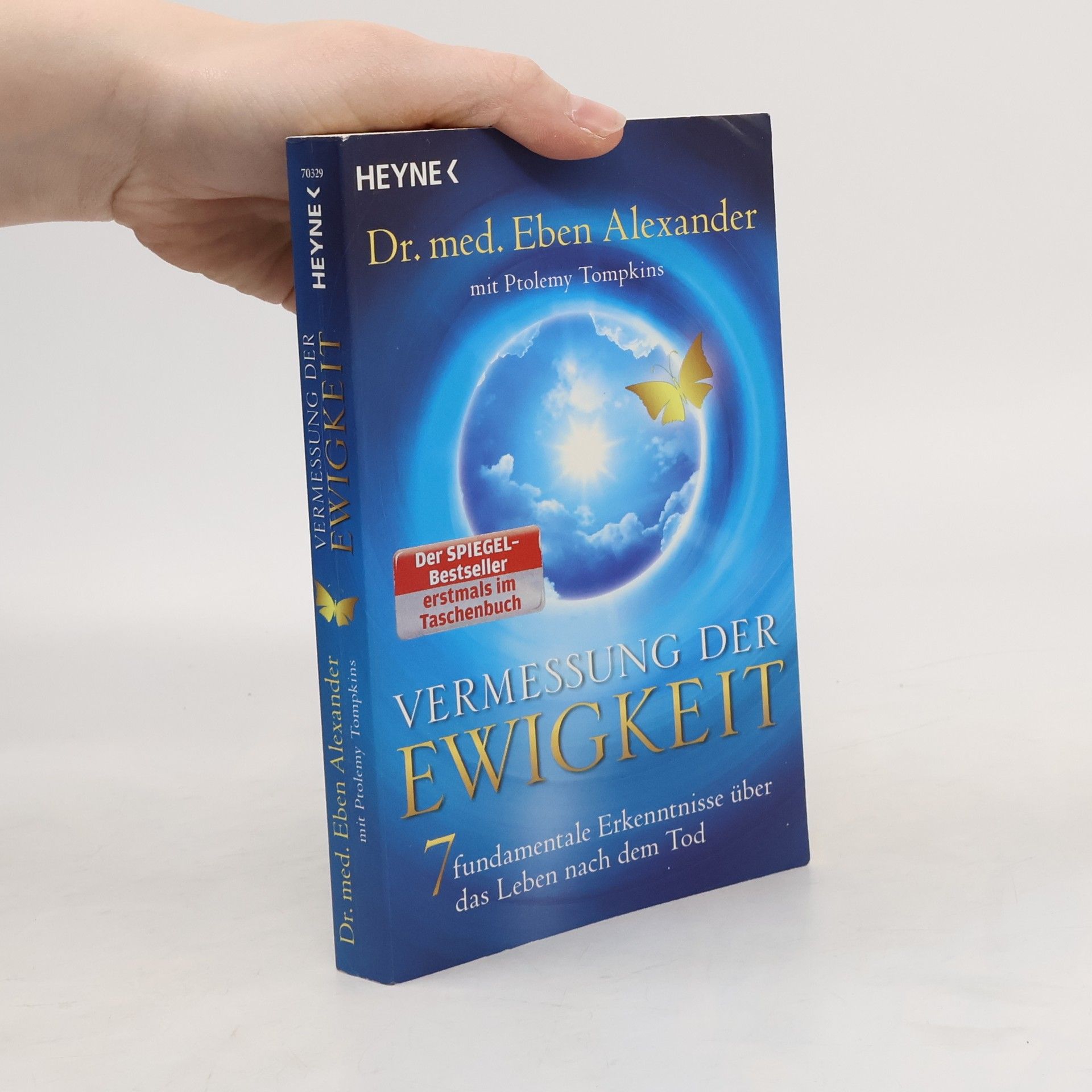In an America captivated by quick enlightenment, Ptolemy Tompkins is a seasoned seeker. Having explored diverse paths—from Black Elk to the Dalai Lama, and from mescaline to motorcycle Zen—he shares his journey in pursuit of universal truth. Growing up in the '70s as the son of radical freethinker Peter Tompkins, Ptolemy embarked on a quest for enlightenment long before it became fashionable. His explorations through various philosophies and spiritual teachings, including Buddha, the Bhagavad-Gita, and Carlos Castaneda, led to valuable insights, though he questions how much true wisdom he gained. This work combines profound intelligence with humor, offering a touching narrative of a spiritual journey that veered off course. Ptolemy candidly critiques the flashy signposts of contemporary pop wisdom while recognizing the enduring value in spiritual literature. Blending personal memoir, affectionate critique, and genuine advice for a fulfilling life, this book serves as a thought-provoking gift from a man who has thoroughly examined his path in search of meaning. Through his unique perspective, he sheds light on the modern quest for peace and transformation, all while maintaining a sense of fun.
Ptolemy Tompkins Books
Claudius Ptolemy was a Greco-Roman scholar working in Egypt whose writings spanned mathematics, astronomy, geography, and astrology. While his name is most famously associated with astronomy today, his works on geography and astrology also profoundly influenced later Islamic and European science. His treatises are valued for their systematic approach and their impact on the development of thought.







Ptolemy’s The Almagest brought together the ideas of Greek Antiquity, that the sun and planets revolved around the earth, the geocentric view which was used by European, Byzantine and Islamic scholars for 1400 years until Copernicus placed the sun as the focus of the solar system. This new book offers an accessible version of Ptolemy’s great work.
Ptolemy Tompkins and Tyler Beddoes share details of modern-day miracles and explore the evidence for the existence of angels in the world
Venerdì 6 marzo 2015, Spanish Fork, Utah. Jennifer, venticinque anni, è appena stata a cena da suo padre e sta tornando a casa quando perde il controllo dell'auto. La macchina sbanda, finisce capovolta nel fiume, Jennifer muore sul colpo. Il mattino successivo l'agente Tyler Beddoes è da poco giunto sul luogo dell'incidente con la sua squadra quando improvvisamente una voce di donna richiama la sua attenzione tra le lamiere. La voce non può certo essere quella di Jennifer, ma non può essere neppure quella della sua piccola Lily, di soli diciotto mesi, miracolosa mente illesa e sospesa a testa in giù al buio, a pochi centimetri dall'acqua fredda del fiume. Da questo episodio di cronaca che ha colpito e commosso l'America partono Ptolemy Tompkins (che per primo ha raccontato la straordinaria vicenda di Eben Alexander, protagonista e autore di "Milioni di farfalle") e Tyler Beddoes per costruire una vera e propria inchiesta sugli angeli, tanto emozionante quanto documentata e ricca di testimonianze. Cosa sono davvero? È corretto attribuire loro sembianze e caratte-ristiche umane? Si manifestano esclusivamente alla vista o la loro presenza può essere percepita anche attraverso gli altri sensi? Sono solo presenze benefiche o esistono anche i demoni? E ha senso parlare di angeli custodi?
El Mapa del cielo
Cómo la ciencia, la religión y la gente común están demostrando el más allá
- 208 pages
- 8 hours of reading
El autor de La prueba del cielo, el bestseller #1 del New York Times, recurre a los sabios de tiempos pasados, a los científicos modernos y a historias de gente común para mostrar que el cielo es real. Cuando el Dr. Eben Alexander conto la historia de su experiencia cercana a la muerte y su vivido viaje al otro lado, muchos lectores escribieron para decir que eso resonaba profundamente con ellos. Gracias a estos lectores, el Dr. Alexander comprendió que compartir su historia ha permitido a la gente a redescubrir lo que muchos ya sabían en la antigüedad: que la vida consiste en algo mas que en la vida terrenal. En El mapa del cielo, el Dr. Alexander y su coautor, Ptolemy Tompkins, comparten visiones sobre la vida del mas allá vividas por sus lectores y muestran la manera en que estas se sincronizan frecuentemente con las de los lideres espirituales del mundo, así como con las de filósofos y científicos. Hay un gran acuerdo, a lo largo del tiempo y de las experiencias, sobre la travesía del alma y su supervivencia mas allá de la muerte. En este libro, el Dr. Alexander sostiene que el cielo es un lugar genuino, mostrando como hemos olvidado y como por fin estamos recordando, lo que en realidad somos y cual es nuestro verdadero destino.
Dôkaz anjelov
- 192 pages
- 7 hours of reading
Fascinujúca kniha o tom, že anjeli sú skutoční a v živote každého z nás hrajú prekvapujúcu úlohu. V marci 2015 milióny ľudí na celom svete šokovala správa o dramatickej záchrane osemnásťmesačnej Lily Groesbeckovej, ktorej sa podarilo prežiť napriek tomu, že štrnásť hodín strávila v prevrátenom aute. Vozidlo, nad ktorým jej matka podľa všetkého stratila kontrolu, zostalo čiastočne ponorené v ľadovej rieke v štáte Utah. Štyria vyslaní policajti začuli hlas, ktorý ich vyzýval, aby nepoľavovali v úsilí: „Pomôžte mi, pomôžte mi.“ Domnievali sa, že sa im prihovára matka dieťaťa, ktorá zostala zakliesnená v aute. Keď ju však s dcérou vytiahli von, uvedomili si, že hlas nemohol patriť jej. Očividne totiž zomrela už pri dopade. Ptolemy Tompkins, spoluautor bestsellera denníka The New York Times, a Tyler Beddoes, jeden z policajtov, ktorí sa zúčastnili na záchrane Lily, vysvetľujú nielen tento zázrak dnešných čias, ale aj existenciu anjelov. Do pútavého rozprávania zakomponovali viaceré príbehy zo života a preskúmali dejiny, podstatu i význam anjelov v životoch ľudí. Kniha dokazuje, že hranica medzi duchovnom a tým, čím sa zaoberá veda, je menej jasná, ako si myslíme.
Vermessung der Ewigkeit
7 fundamentale Erkenntnisse über das Leben nach dem Tod
Was geschieht nach dem Tod? Eben Alexander hatte die Schwelle zum Jenseits bereits überschritten – die Schilderung der Nahtoderfahrung des Arztes berührte Millionen Menschen weltweit. Nun führt er seine bahnbrechenden Forschungen weiter. In einer meisterhaften Verbindung von Wissenschaft, Spiritualität und persönlicher Erfahrung wird deutlich: Unser irdisches Leben ist nur ein kleines Kapitel in einer viel größeren Geschichte – der spirituellen Entwicklung des Universums. Und unsere unsterbliche Seele ist untrennbarer Bestandteil dieser Entwicklung.

